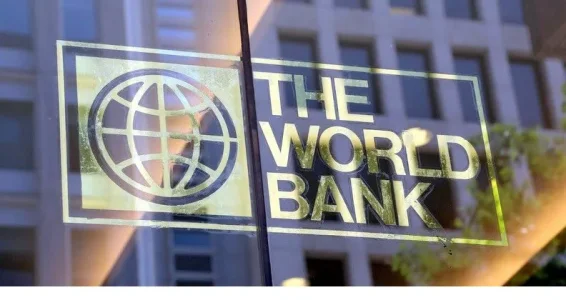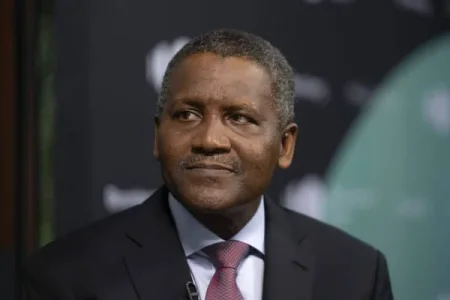
As Nigeria approaches its 63rd Independence Anniversary, the Federal Government has entered into discussions with the World Bank regarding a potential $1.5 billion loan. The loan, known as 'Nigeria Human Capital for Opportunities and Empowerment' (HOPE), aims to strengthen systems for improved delivery of basic education and primary health services in participating states. If approved, it is set to be implemented in 2024.
Additionally, there are discussions underway concerning five other loan projects with varying objectives, including support for internally displaced persons, rural access and agricultural marketing, renewable energy access, sustainable power and irrigation, and resource mobilization for reforms.
These loans come as Nigeria grapples with a substantial debt burden. As of June 30, 2023, Nigeria owed about $14.51 billion to the World Bank, comprising $14.51 billion in International Development Association (IDA) debt and $485.75 million in International Bank for Reconstruction and Development (IBRD) debt. The country's total public debt reached N87.38 trillion at the end of Q2 2023, representing a 75.29% increase compared to the previous quarter.
Despite concerns, President Bola Ahmed Tinubu's administration insists on maintaining its borrowing plan, emphasizing the need to increase revenue and explore revenue mobilization initiatives and reforms.
Experts Urge Caution
Experts like Prof. Pat Utomi advise against fresh borrowings, emphasizing the need for a thorough review of existing loans and their utilization to promote economic growth. Aliyu Ilias warns that currency devaluation may double the external debt burden.
Some experts also suggest moratoriums on debt or debt buyback, while others call on international financial institutions like the World Bank and IMF to refrain from lending to Nigeria until 2025. IMF's Resident Representative in Nigeria, Ari Aisen, encourages the government to strengthen oil production, broaden the tax base, and improve governance to reduce reliance on borrowing.
These developments reflect the delicate balance between Nigeria's financing needs and concerns about its rising debt levels and economic sustainability




